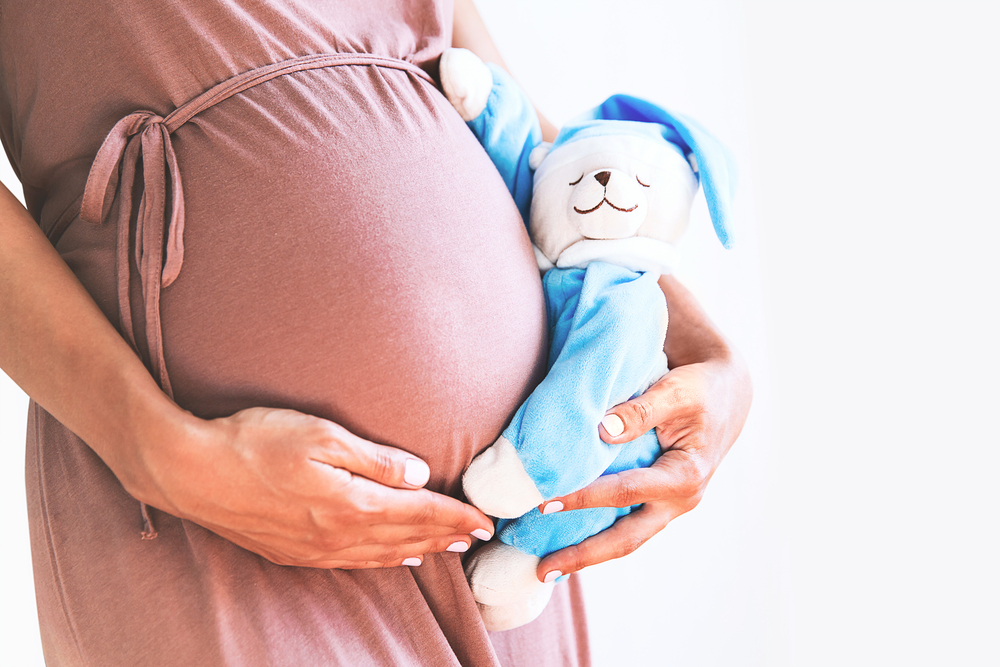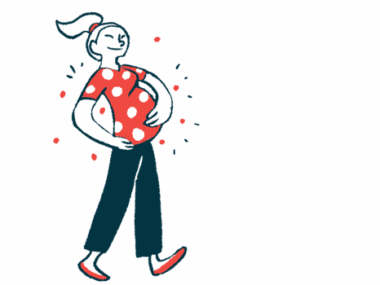Women with Ehlers-Danlos Syndrome Need Better Maternity Care, Study Reports
Written by |

A new study reveals a lack of awareness among health professionals and pregnant women with Ehlers-Danlos syndrome (EDS) about the condition and the risks associated with it, especially during pregnancy and birth.
This lack of awareness could delay access to appropriate care, with detrimental effects for moms-to-be and their babies, according to the study.
The study “Hypermobile Ehlers-Danlos Syndrome during pregnancy, birth and beyond” was published in the British Journal of Midwifery.
EDS remains a largely under-diagnosed condition despite estimates that point to an incidence of at least one or two people in every 100. This has a detrimental affect on those with the disease, especially women, as EDS is associated with a number of complications related to pregnancy and birth, such as bleeding, premature or rapid labor, problems with anesthesia, and poor healing, among others.
Moreover, there are no guidelines for managing pregnancy and labor in women with EDS.
In the first review of its type, a team of academics at Coventry University, U.K. reviewed existing evidence to explore midwifery care for pregnant women with EDS.
“If EDS remains poorly understood by the multidisciplinary team, this may significantly compromise maternity care,” the team wrote.
Recognizing the lack of obstetrics guidelines for EDS pregnancies, the authors recommend a personalized maternity care plan in partnership with the pregnant women and their families.
Also, “working in partnership with members of the multidisciplinary team will also be crucial in ensuring that those with EDS achieve the most appropriate maternity care plans and symptom management,” they said. The multidisciplinary team should include obstetricians, anesthetists, and general practitioners.
Considering specifically the role of midwives in the multidisciplinary team, researchers noted they have an important role given their proximity with patients and the unique opportunity to identify any potential signs and symptoms of EDS that may require clinical attention.
“Midwives have an important role in the multidisciplinary team approach to caring for women with hEDS by providing routine care, identifying and reducing risk, making swift referrals where appropriate, supporting individualised care and giving evidence-informed education to colleagues, childbearing women and the wider public,” they wrote.
“Complications associated with Ehlers-Danlos syndromes during pregnancy and birth can be significant. A midwife’s awareness of the condition and its impact upon pregnancy can not only instigate more timely and appropriate referrals but also improve the quality of any professional advice given,” said Sally Pezaro, PhD, in a press release. Pezaro is in the university’s School of Nursing, Midwifery and Health and the study’s first author.
According to the review team, an early disease diagnosis should enable the most appropriate decision-making related to the pregnancy. Also, establishing guidelines for childbearing women with EDS is important to assure the best support is given during pregnancy, birth and beyond.




